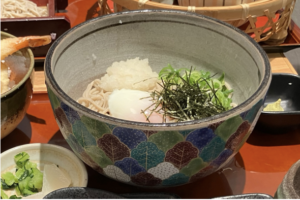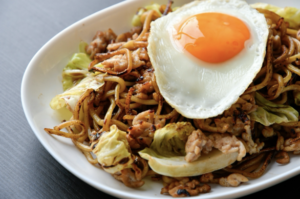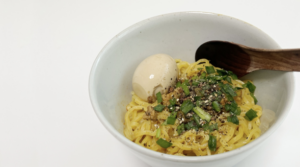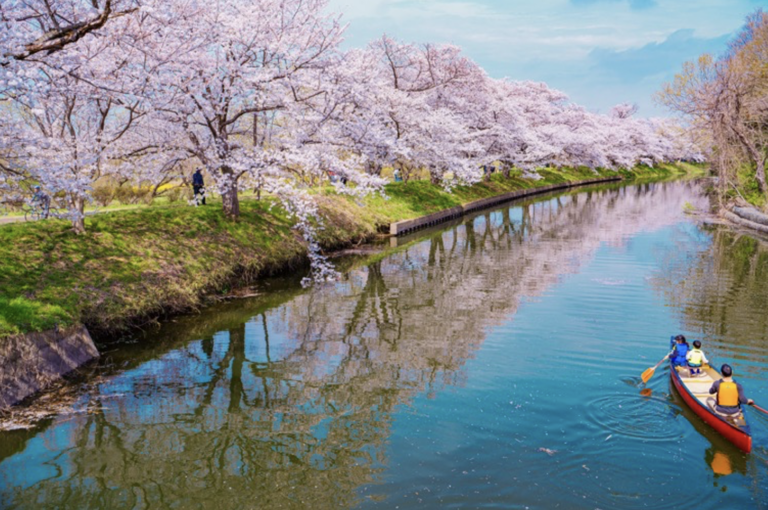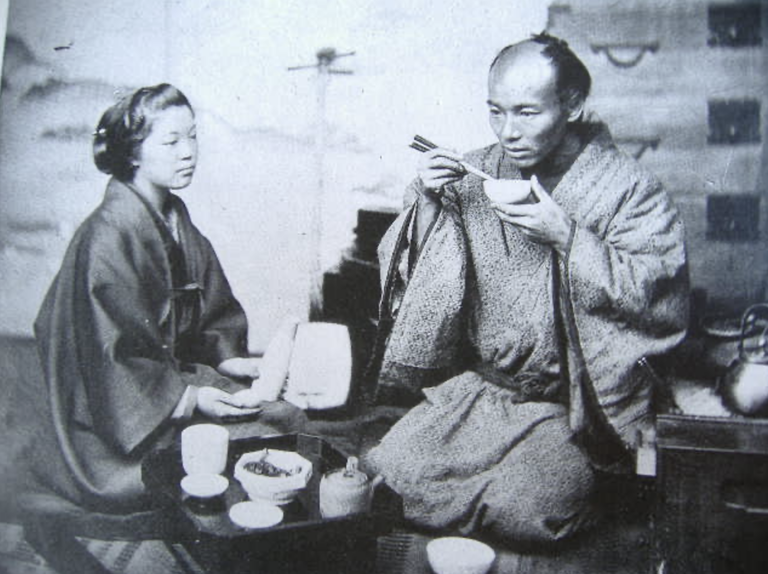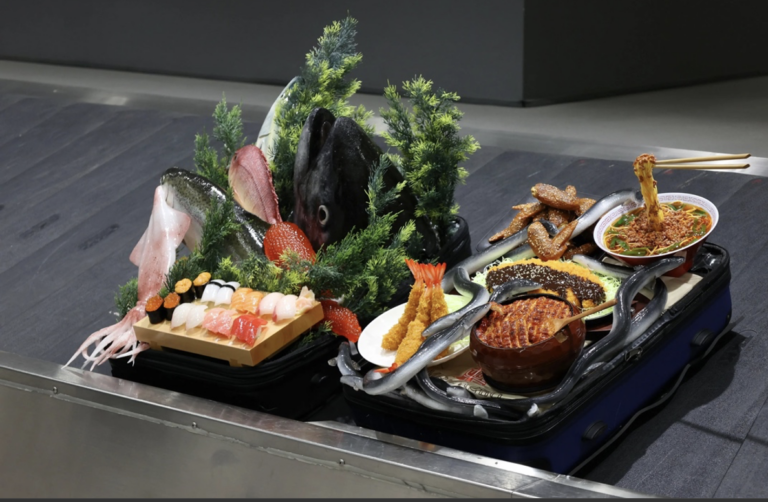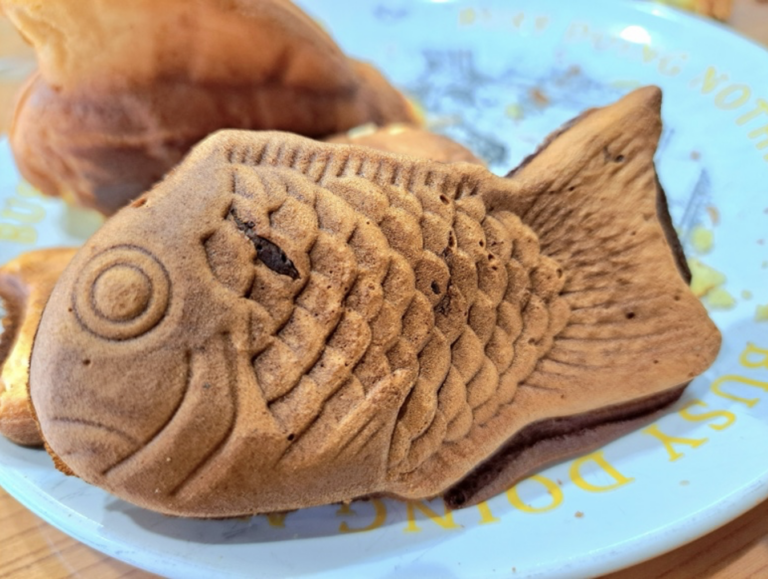Soba and ramen. Between them, the Japanese language is full of dark secrets
Dear Japanese food lovers.
Which do you prefer: soba noodles or ramen? Do you know the difference between them?
There is a dark secret between the Japanese words soba and ramen that foreigners can mistake for each other. If you want to eat good food as intended, make sure you learn about them.
Basic differences between soba and ramen
Soba noodles are based on buckwheat flour. Sometimes wheat flour is added to make it easier to eat, but the base is buckwheat flour. Finally, the noodles are cut with a knife. Ramen, on the other hand, is a dish of Chinese origin and uses wheat flour. It is also stretched and made thinner. It’s very simple and originally a completely different food, but, somehow, it has a dark secret.
Which one is yakisoba?
Recall that this is also a very popular dish abroad if you know it. Noodles are stir-fried on an iron plate with ingredients and seasoned with sauce or other seasoning. It is called yakisoba, but the noodles are ramen. You can see the dark secret now, can’t you?
“Maze-soba” (mixed soba)
As I said at the outset, this is a type of ramen. It has no soup, and the ingredients and sauce are stirred together. It is ramen, but it is called mazesoba.
“Chuka soba” (Chinese noodles) are a cause of confusion
The cause of this confusion is the term “chuka soba”. In Japan, ramen was called chuka soba or “shina soba”. It means Chinese buckwheat noodles, which are fried, hence the name “yaki-chuka-soba. It is abbreviated to “yakisoba”. Mazesoba is a more recent dish and should originally be “mazeramen”, but the atmosphere of the word seems to suggest that “mazesoba” was better.
Incidentally, udon and spaghetti also became widespread without being called by other names, so they remained the same. For some reason, ramen was the only victim.
At any rate, if the restaurant or product says ramen, it is 100% ramen. However, if it says “soba”, be careful. It is a little strange that udon and somen are not called soba, even though they are both types of noodles.
ABE KENGO


